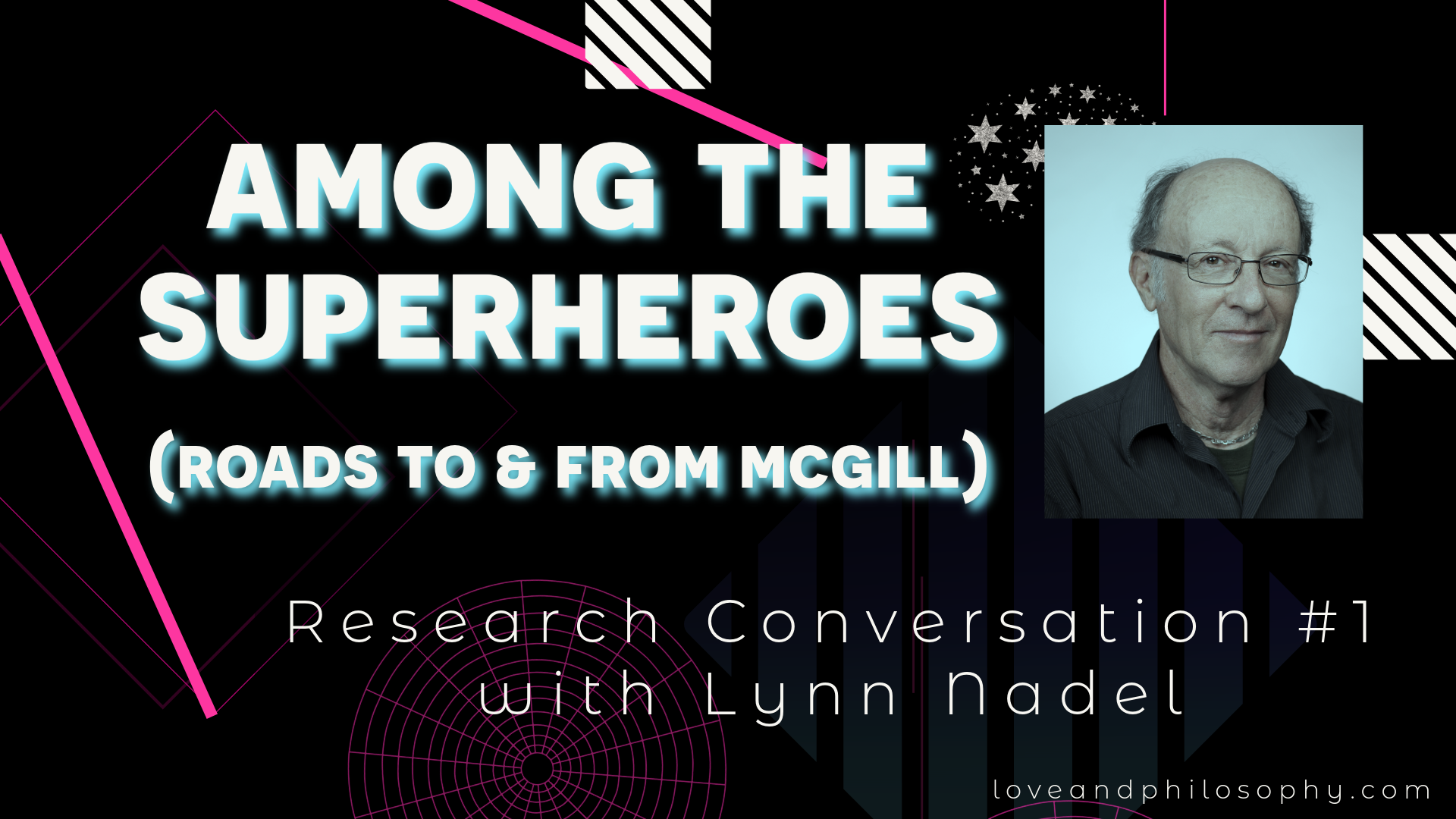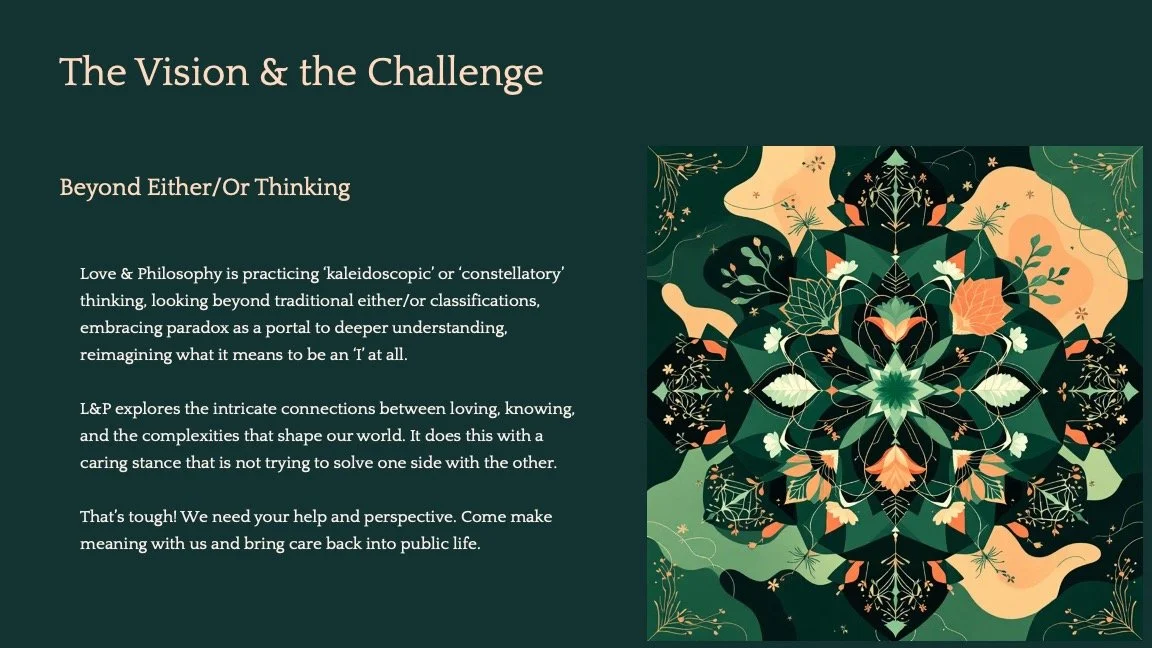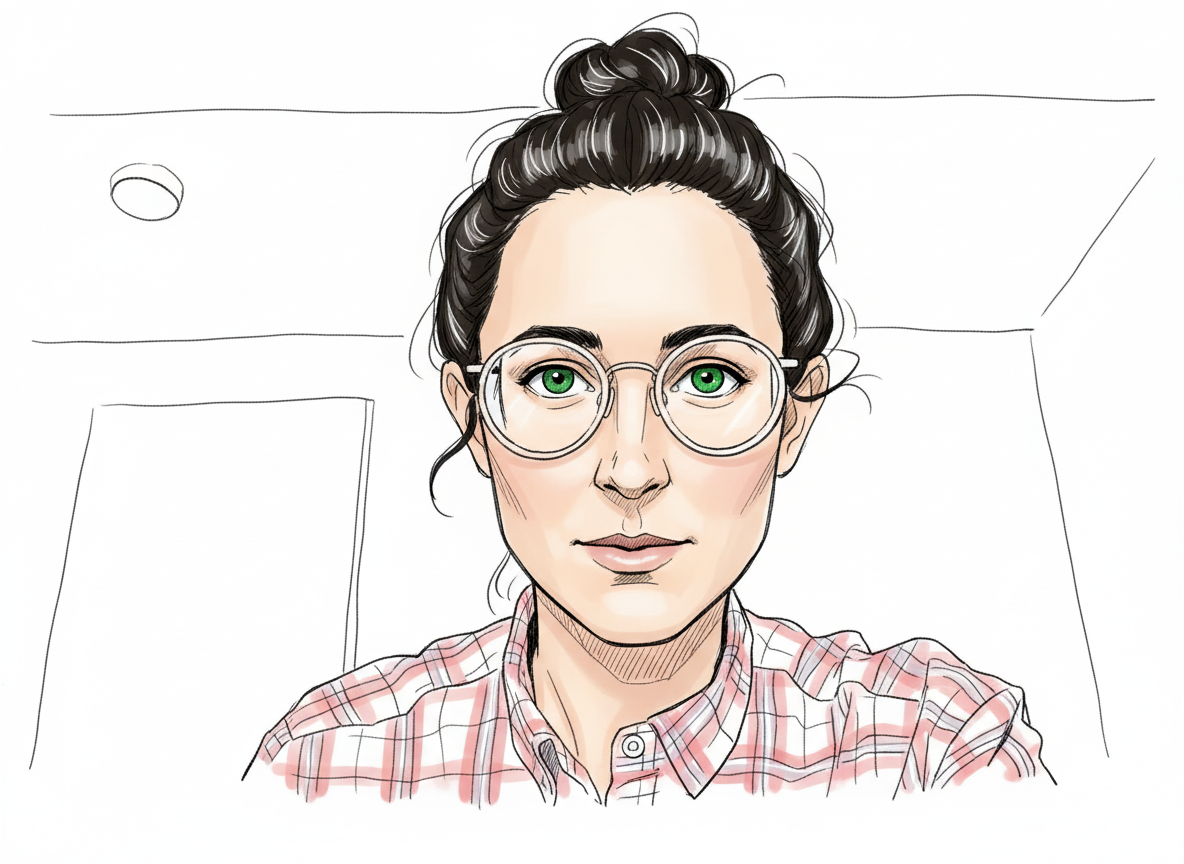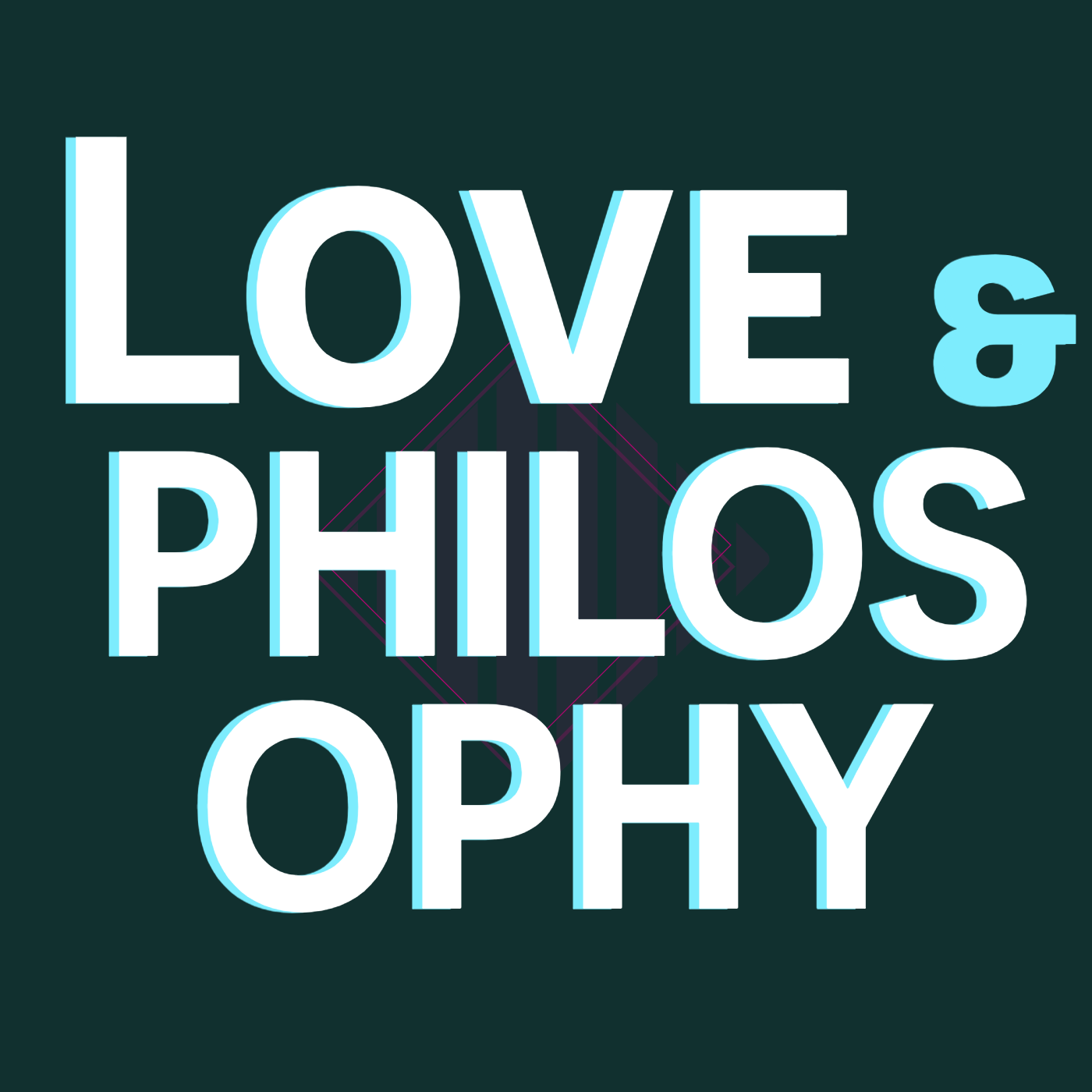Beyond Dichotomy.
Conversations beyond dichotomy. It’s reasonable to care.
Deck and scheduling link is here. If you would like to contribute to this project or share ways you have found to move beyond either/or in your work, reach out to us at admin(at)loveandphilosophy.com any time.
Listen on your favorite platform.

Interbrain synchrony and human connection
What If Connection Isn’t Only About Being in Sync?

Hidden Spring
The Hidden Spring and Consciousness as Feeling with psychoanalyst and neuropsychologist Marc Solms

Synchrony between mind and nature
Fractals of nature in the brain body and world. A new spatiotemporal approach to neuroscience and philosophy.

Is anything objective?
Is anything Objective?
Philosophy of Mind, Biophilia, and Why A.I. is Not What You Think with Ines Hipolito and Andrea Hiott

Brain GPT and Rethinking Neuroscience with Brad Love of University College London
Brain GPT and Rethinking Neuroscience with Turing Fellow Brad Love

Memory and Navigation As it Happened with John Kubie
Neuroscience of Memory and Navigation with John Kubie

Among the Superheroes From McGill to UCL with Lynn Nadel: Part 1
From McGill university to the University of College London, Lynn Nadel and John O’Keefe write the famous Hippocampus as a Cognitive Map
Subscribe to our newsletter
Subscribe to our newsletter
Love
Love
It really helps.
The Embrace of Contradiction.
A Light Little Guide for the Times (44 pages)
This is Book One of the Embracing Paradox pamphlet series published by Making Ways. It’s about the ability to hold seemingly contradictory ideas in mind at once, while maintaining motivation and meaning in troubled times.
As F. Scott Fitzgerald wrote: "The test of a first-rate intelligence is the ability to hold two opposed ideas in mind at the same time, and still retain the ability to function." This book is a step in that direction.









